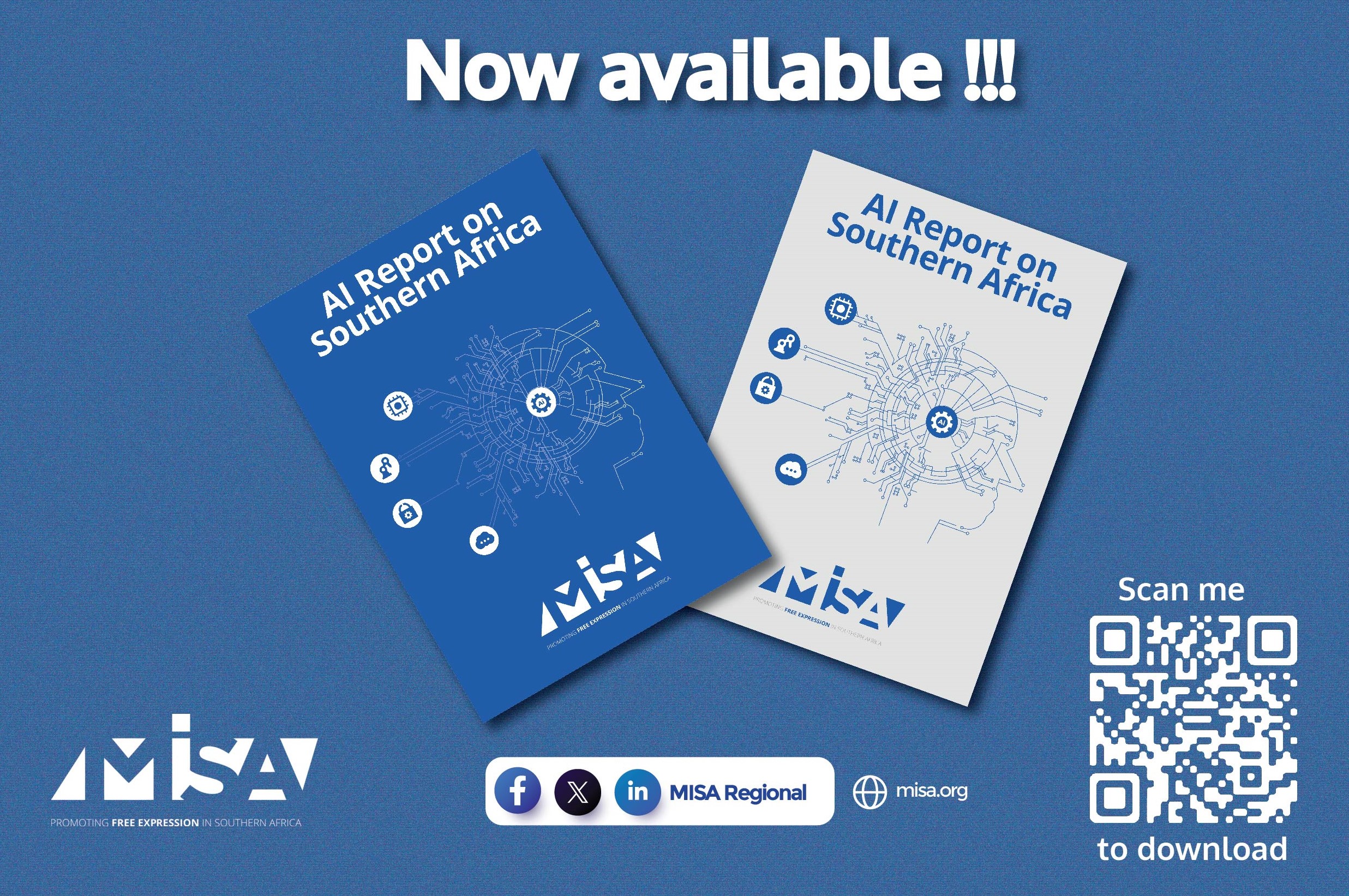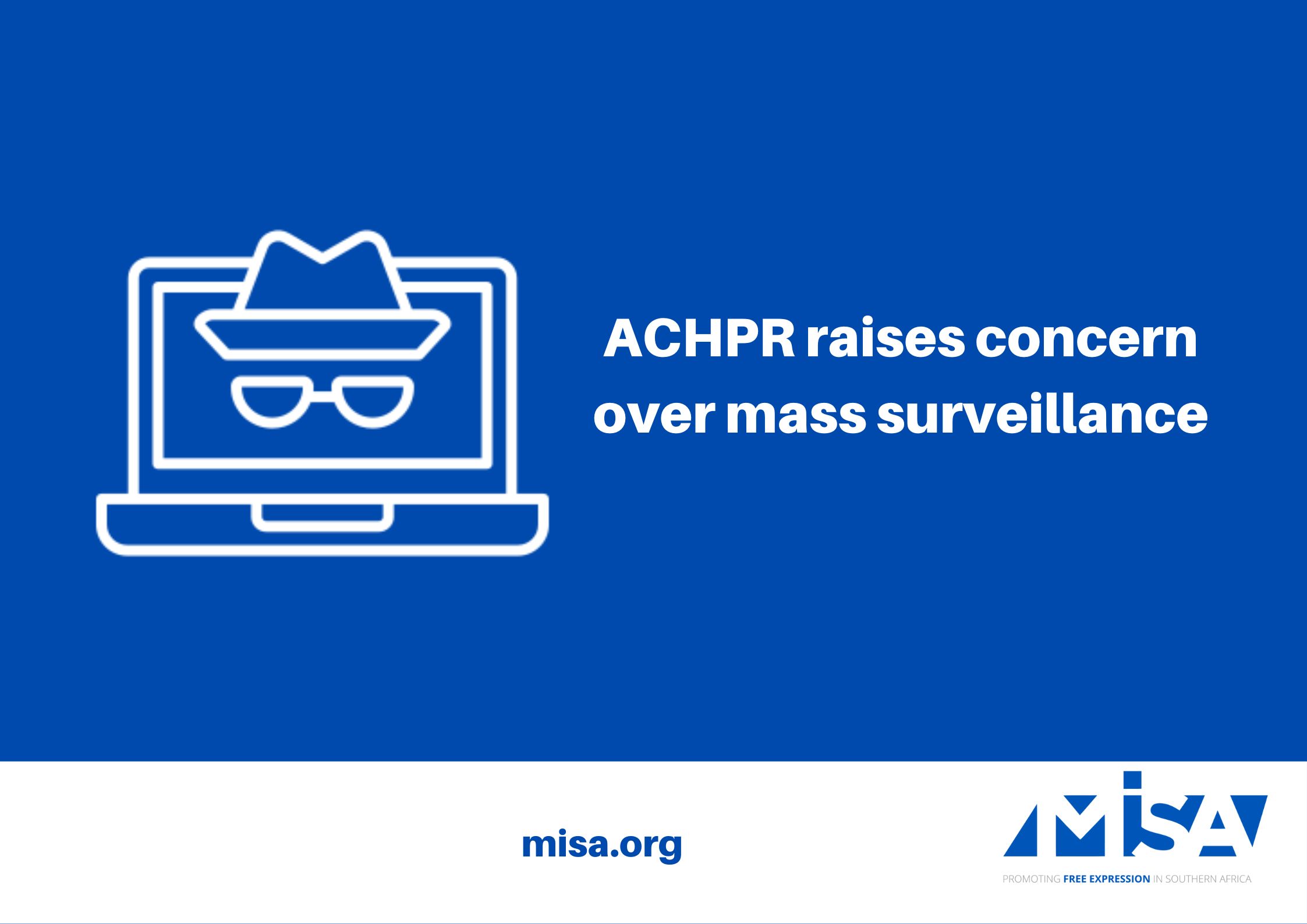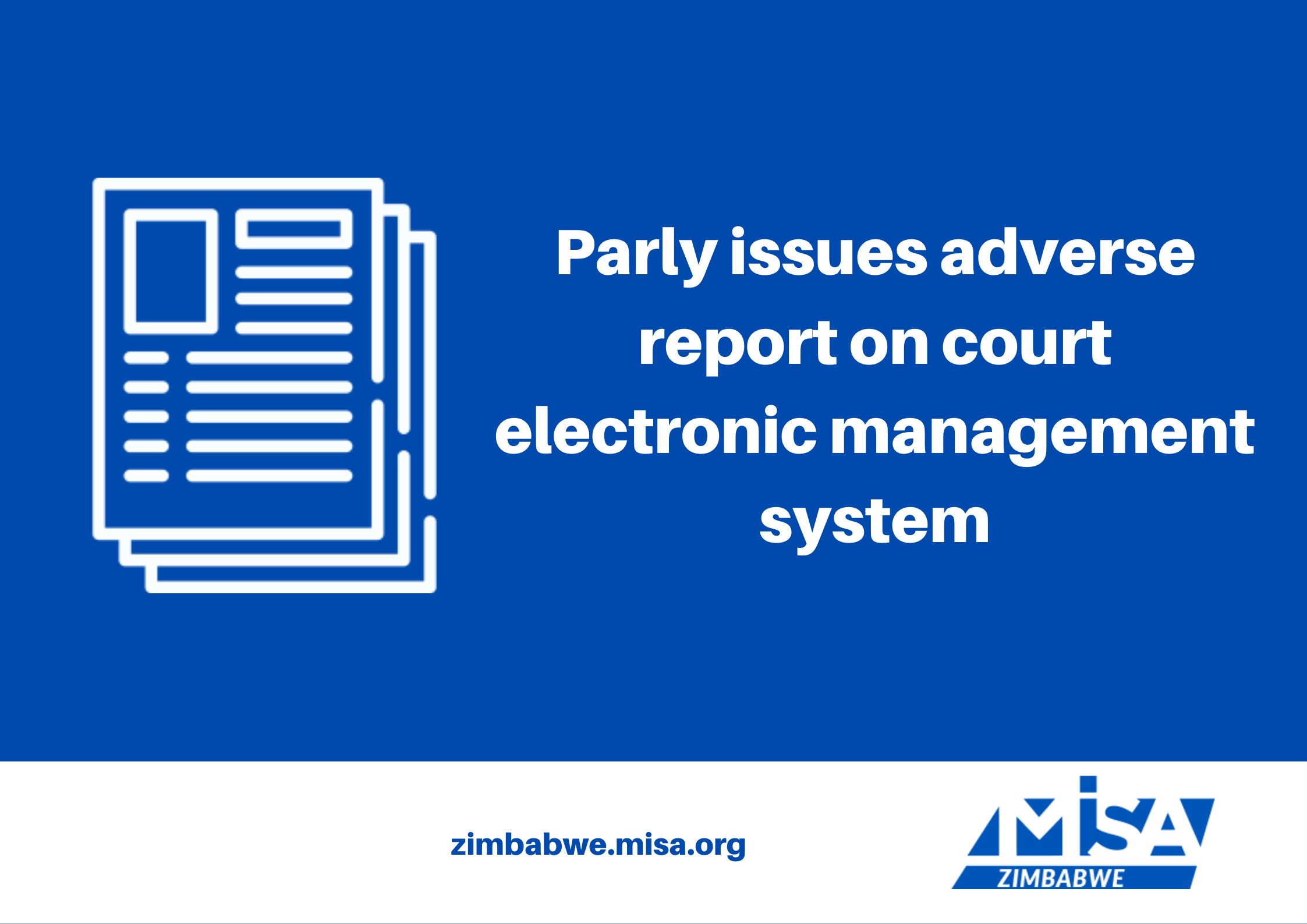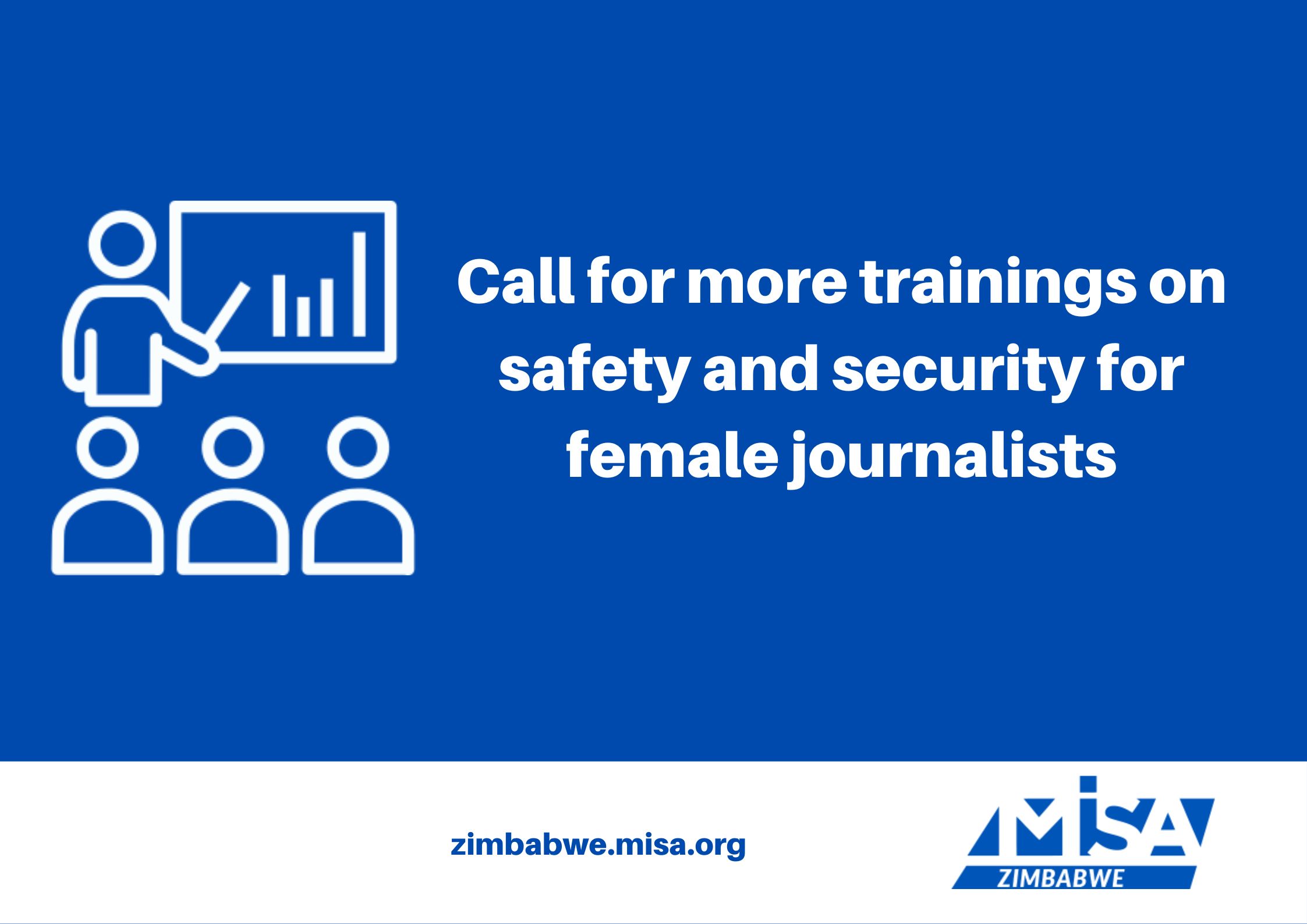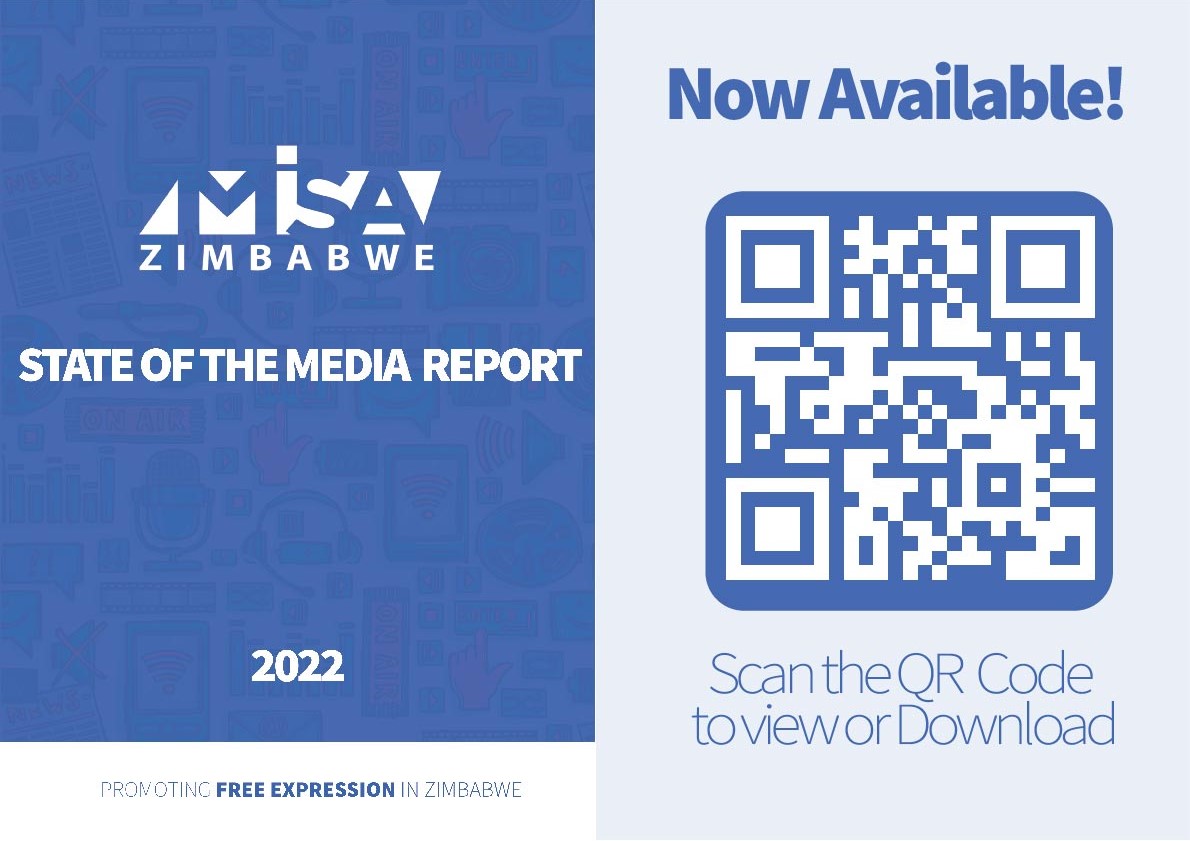Minister of Media, Information and Broadcasting Services Christopher Mushowe’s recent remarks relating to the impartiality of the state-controlled Zimbabwe Broadcasting Corporation (ZBC) can only be described as deceptive.
Mushowe was responding to questions raised by parliamentarians on 2 August 2017 relating to ZBC’s programming and its licence fees.
Harare West MP, Jessie Majome, asked the minister whether it was ZBC’s editorial policy to ‘favour’ the ruling Zanu PF against other political parties.
In his response, the minister said Zimbabwe’s opposition political parties should inform the public broadcaster when they have programmes that need coverage. He said ZBC was ready to cover ‘any worthy’ programmes or activities by the opposition and that this was already happening.
MISA Zimbabwe would like to remind the minister that ZBC’s partisanship and biased coverage is well documented. Reports by civil society organisations such as Media Monitors Zimbabwe (formerly Media Monitoring Project of Zimbabwe) and Zimbabwe Election Support Network, attest to ZBC’s inequitable and biased coverage of political parties, especially during elections.
Observations made by the Constitutional Court in July 2016 when it affirmed the legality of ZBC licence fees, are also telling in that regard. The court stressed the need for ZBC to be impartial and afford fair opportunity for presentation of divergent views and dissenting opinions.
The ruling was made in a matter dating back to 2012 involving two applicants, Bernard Wekare and Musangano Lodge. Both applicants were facing criminal charges under the Broadcasting Services Act after failing to pay licence fees.
Several reports, including those by relevant Parliamentary Portfolio Committees; even the ministry’s very own sanctioned Information and Media Panel of Inquiry, Zimbabwe Electoral Commission’s 2013 report and elections observer missions, have repeatedly pointed out ZBC’s deficiencies as a public broadcaster resulting from its political capture and abuse by the ruling party and government.
Without its transformation, ZBC as it is currently constituted, cannot objectively and impartially evaluate the ‘worthiness’ of opposition political parties activities, as posited by the minister.
Despite this, ZBC has statutory obligations to exercise editorial discretion and judgments in the public interest. This should include creatively covering the political parties instead of waiting for notification of their activities. This would ensure desired balance in the coverage of political parties.
MISA Zimbabwe, therefore, urges the government to ensure citizen participation in the transparent and democratic appointment process of the ZBC board, while securing and guaranteeing its independence and accountability in carrying out its public service mandate.
This should be underpinned by implementing the long overdue media reforms in line with provisions of the Constitution, IMPI recommendations and the African Charter on Broadcasting.





